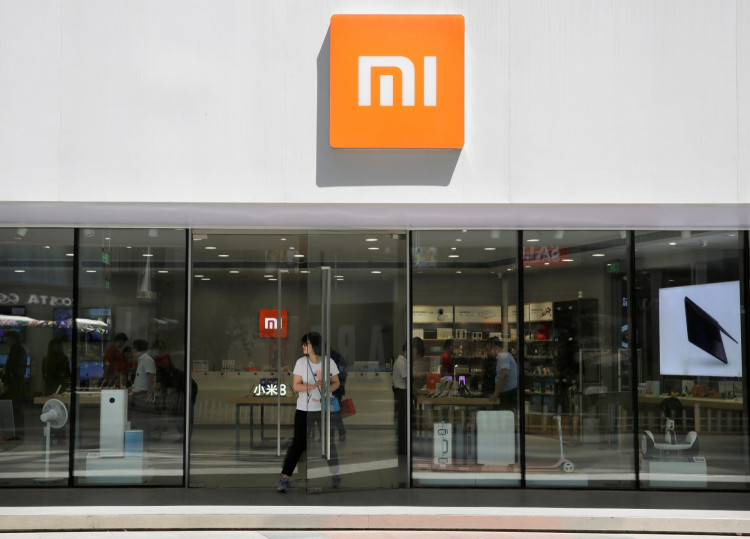Xiaomi posted a sharp rise in second-quarter revenue, buoyed by stronger smartphone shipments in Southeast Asia and rapid growth in its electric vehicle business, though it slightly lowered its annual handset target amid a sluggish global market.
The Hong Kong-listed company (1810.HK) reported revenue of 116 billion yuan ($16.16 billion) for the three months ended June 30, up 30.5% from a year earlier and above analysts' estimates of 114.7 billion yuan, according to LSEG. Adjusted net profit surged 75.4% to 10.8 billion yuan, beating expectations of 10.1 billion yuan.
Smartphone shipments totaled 42.4 million units globally, a 0.6% increase from last year, cementing Xiaomi's position as the world's third-largest vendor with a 14.7% market share, based on Canalys data. The brand ranked first in Southeast Asia and second in Europe. However, smartphone revenue dipped 2.1% to 45.5 billion yuan, dragged down by weaker average selling prices.
Xiaomi President Lu Weibing told reporters the company is revising its shipment target for the year to 175 million, down from 180 million, citing weak demand. "We expect the overall smartphone market to see little to no growth this year," Lu said. "If there is any increase, it might be around 0.1% to 0.2%."
The EV unit was the standout performer, contributing revenue of 20.6 billion yuan ($2.87 billion) in the second quarter, up 232% from a year earlier and 13.8% from the prior quarter, according to company data. Deliveries reached a record 81,302 vehicles, including the SU7 sedan and the newly launched YU7 SUV.
Xiaomi's innovative businesses, which encompass EVs and AI, generated 21.3 billion yuan in revenue. Gross margin for these units improved to 26.4%, compared with 15.4% a year ago. Still, the segment posted a net loss of 0.3 billion yuan, narrower than the 0.5 billion yuan loss in the first quarter.
The company has sold 300,000 EVs since launching the business in March 2024 and maintains confidence in hitting quarterly profitability for the segment later this year. Cumulative R&D investment in EVs exceeds 30 billion yuan.
Lu said Xiaomi is also developing a new in-house chip, XRINGO1, to enhance its hardware ecosystem.
Despite the upbeat earnings, Xiaomi's shares closed down 1.2% at 52.4 Hong Kong dollars on Tuesday. The stock has climbed 52% year-to-date.




